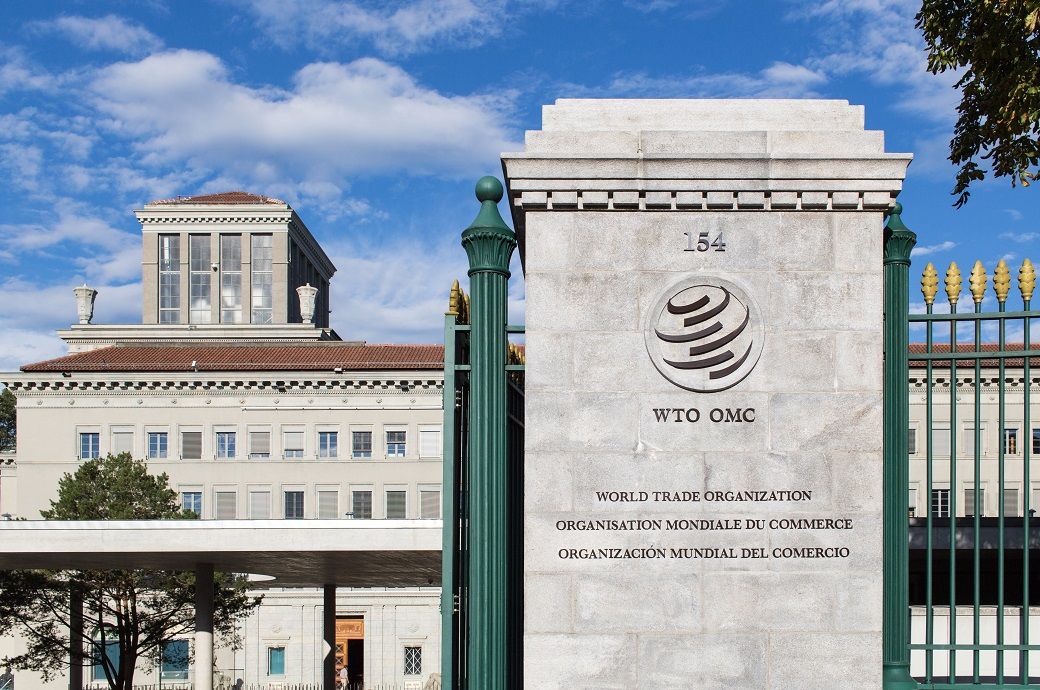
WTO director general Ngozi Okonjo-Iweala and Sandagdorj Erdenebileg of the UN High Representative for LDCs signed the partnership agreement in Geneva in June on the eve of the 12th Ministerial Conference (MC12). The ‘Geneva Package’ was also approved at the same conference.
WTO members agreed to maintain the current practice of not imposing customs duties on electronic transmissions until MC13. The members also agreed to reinvigorate their work under the Work Programme on e-commerce, including challenges and opportunities affecting the developing countries and LDCs.
In January, WTO authorised China to impose $645 million worth compensatory tariffs against the United States. Terming the decision ‘deeply disappointing’, the office of US trade representative (USTR) said the decision ‘reinforces the need to reform’ WTO rules that had been used to ‘shield China’s non-market economic practices and undermine fair, market-oriented competition’.
China approached the WTO in 2012 to challenge anti-subsidy tariffs the United States imposed between 2008 and 2012 on 22 Chinese products ranging from solar panels to steel wire. The decade-long case involving alleged subsidies has centred on whether the United States could treat Chinese firms in which the government owns a majority stake as controlled by the state.
Climate change is a major threat to future growth and prosperity due to potential productivity losses, production shortages, damaged transport infrastructure and supply chain disruptions, WTO said in its 2022 edition of World Trade Report.
“The report argues that trade is a force for good for climate and part of the solution for achieving a low-carbon, resilient and just transition,” WTO director general Ngozi Okonjo-Iweala said in her foreword to the report released at the 27th United Nations Climate Change Conference (COP27) in Sharm el-Sheikh, Egypt.
Fibre2Fashion News Desk (DS)